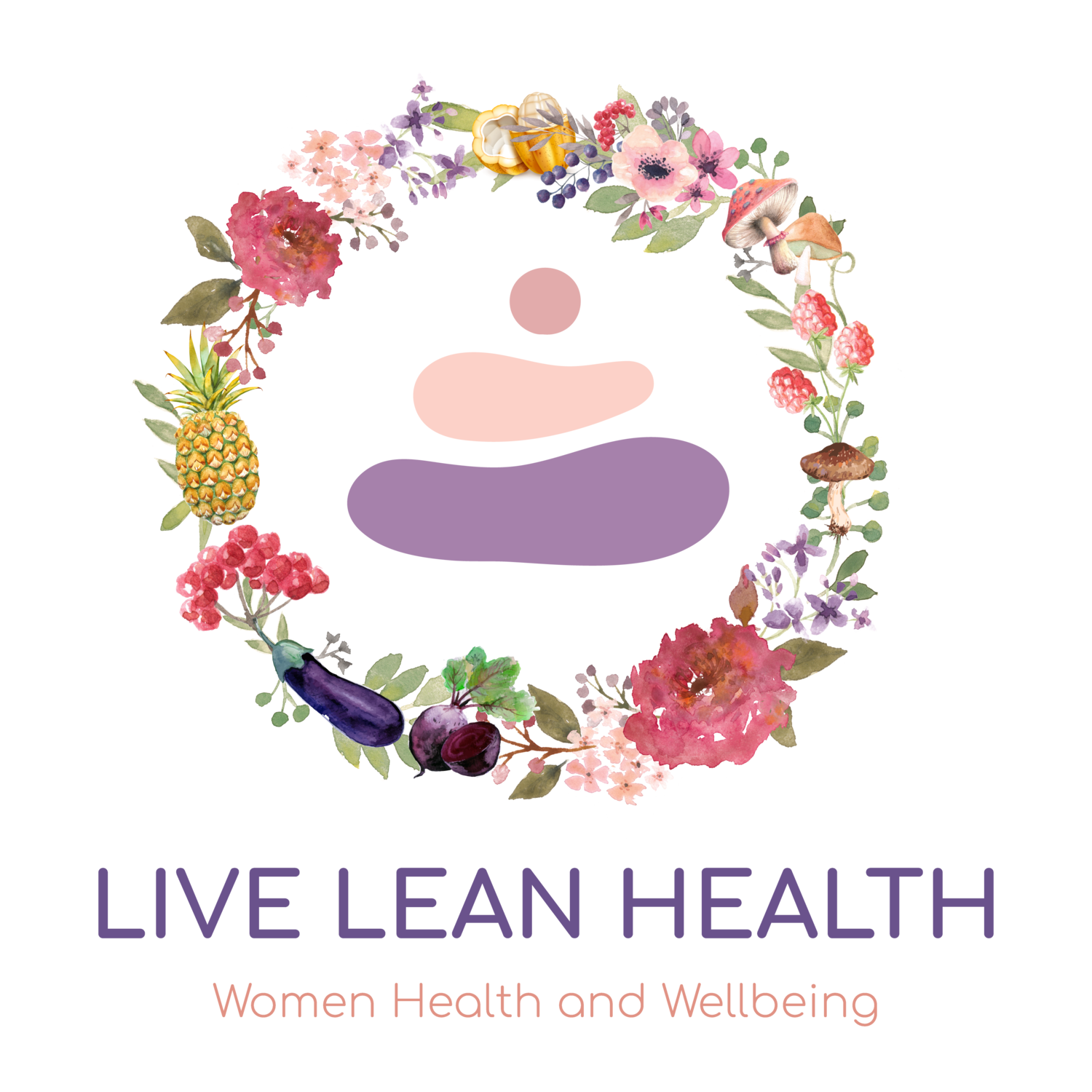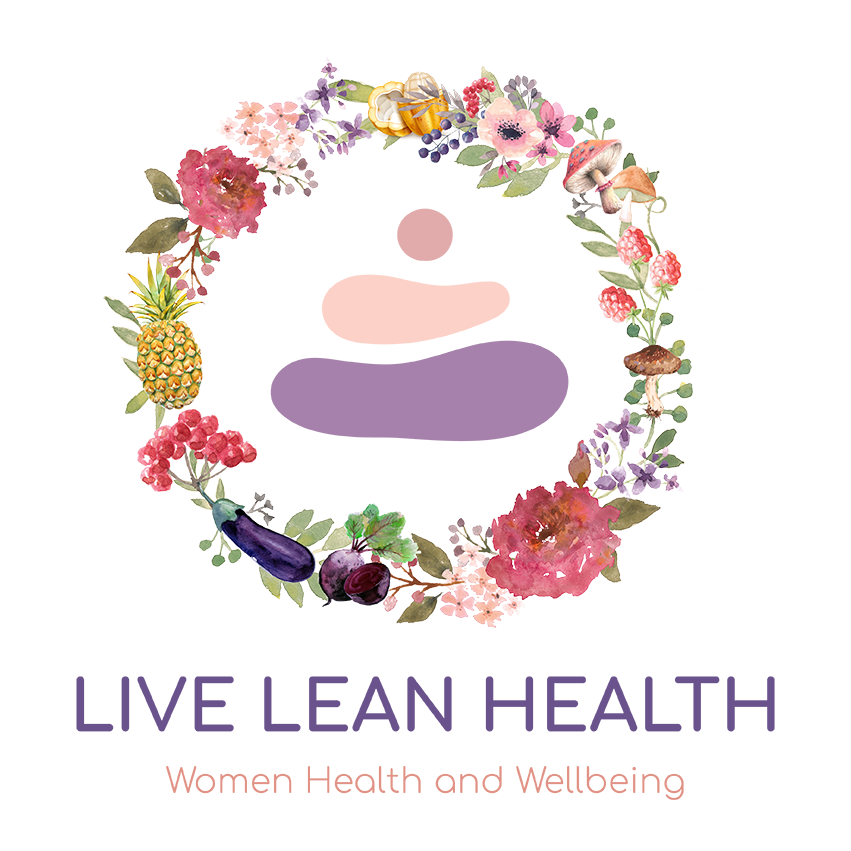5 easy tips to preventing UTIs
Urinary tract infections are truly debilitating sometimes, especially when they happen often and escalate in their acute state.
The most common symptoms associated with UTI are:
· Burning upon urination
· Urinary frequency
· Cloudiness of urine
· Blood in urine
As women, we are generally more prone to them, given the shape of our intimate parts and having bacteria living within that environment, hat just like in our gut needs to be in balance not to cause issues. [1]Because the tissue in our vaginas is relatively acidic[2], bacteria don’t often propagate and cause issues but sometimes they can, meaning that harmful bacteria such as e-coli, can make their way to our bladder.
Infections can however also happen If our kidneys filtration is not optimal as well as our urine pH not being slightly acidic as it should, allowing bacteria to overgrow on the walls of our bladder. [3]
Thankfully, though learning about pH, bacteria and infections can be as overwhelming as experiencing a UTI, we have a lot of control over what we can do to prevent or mitigate them.
“Simple steps that have a huge impact”
Your diet is KEY: If you have visited my website before, you know we always start from the “beginning” and that is usually diet! We eat several times each day, so what we put into our body has a massive impact on our body, especially out main organs. When we talk about UTIs, we need to always pay attention to a main set of organs: our kidneys! our kidneys are the main filtration system of the body for both blood and lymph[4] and the pH in our bladder is so important to make sure that what we filter down from the kidneys is not going to take over! If we have an acidic diet, of mostly animal products, and high proteins (which directly affect the kidneys) then out body will do what it can to regulate our pH so we are not acidic where we are not meant to be. But that effort can change the pH of our urine, for example, making it more alkaline, by how much calcium, for example, was extrapolated by the body to regulate the blood’s pH. Our body is a continuum of chemical reactions, so our choices have a great impact on our chemistry and why we develop imbalances such as UTIs. Make it your priority to focus on a diet that is alkaline oriented with plentiful of fruits and vegetables and of course amazing herbs! Fresh vegetables and fruit are true medicine for the kidneys and have a positive effect on the bladder too. Minimize protein, especially animal proteins if you want to help your kidneys and bladder to thrive.
Focus on D Mannose rich foods: D-mannose is a type of sugar that is related to glucose, but it does not behave like sugar in the body. It is used to help prevent urinary tract infections because it inhibits bacteria from adhering to the walls of the urinary tract. If bacteria can’t latch onto your bladder, it’s less likely to cause an infection. [5]This, ultimately, goes in conjunction with maintaining the right pH in different areas of our body to not allow bacteria to thrive (terrain theory[6] in practice) including our urines as mentioned above. Foods rich in D Mannose are, Cranberries (and juice), which is what most people associate with UTIs (now you know why), oranges, peaches, broccoli, green beans and fruit and flowers to make teas with: such as rose hip and hibiscus. D Mannose has been shown to be very helpful in preventing of treating UTIs instead of antibiotics [7]. Please always consult your doctor if you have a persistent UTI to avoid kidney infection.
Take the right herbs: To support your UTI healing journey, you can embrace an array of amazing plants that are for kidney and bladder health. This can also include D Mannose supplements, as well as other supplements needed to optimise your nutritional needs. Some of my favourites are: Marshmallow root, plantain leaf, cleavers herb, Couch grass root, parsley leaf, white oak bark, juniper berry and Uva ursi leaf. Those amazing botanicals are incredibly powerful for kidney and bladder health.
Wipe the right way: I know what you are thinking, but trust me, this is a simple and yet powerful tip that so many get wrong! 90% of UTIs are credited to e-coli bacterium. We often find e-coli in our stools and this is why, when we go for number two, we must always wipe away from our vagina. This may seem so straight forward but I have observed with my clients whose babies get UTIs, that they are wiping their babies butts from the back to the front. That is a recipe for disaster, and many people seemingly do that. Always wipe front to back! [8]
Manage stress and emotions: Health is a 360 job, our emotions impact our kidneys and bladder health and overall pH too. Like food, our emptions can be alkaline or acidic, don’t dwell in the latter feelings. Our kidneys are particularly affects by feeling unworthy, worried and anxious! Those emotions manifest in lack of trust and that creates a state of continuous stress. Physiologically you can probably imagine how this impacts the kidneys with stress, given that our adrenal glands are placed on top of the kidneys and their health is key to our overall wellbeing too. Find holistic therapies to support building trust in yourself and others, having faith and let go of control so that you can nurture feelings that will uplift you instead of draining you and your wonderful body. [9]
Although simple, those steps are incredibly powerful in managing and preventing UTIs, and will allow you to create awareness and mindfulness around your daily choices and your health outcome. We have one body to inhabit on this journey, let’s make sure we honour it the best we can.
[1] https://www.optibacprobiotics.com/learning-lab/in-depth/womens-health/vaginal-microbiome#So,%20what%20is%20the%20vaginal%20flora?..
[2] https://www.ncbi.nlm.nih.gov/pmc/articles/PMC8618584/
[3] https://www.sciencedirect.com/topics/immunology-and-microbiology/urine-ph
[4] Dr Robert Morse N.D. https://drmorse.tv/video/kidneys-bladder-formula/
[5] https://bjui-journals.onlinelibrary.wiley.com/doi/full/10.1111/bju.12492
[6] https://prestigewellnessinstitute.com/its-the-terrain/
[7] https://www.ncbi.nlm.nih.gov/pmc/articles/PMC8944421/
[8] https://www.webmd.com/women/guide/avoid-uti
[9] Dr Henry Ealy (Henele) , Energetic Health Vol 1, 3rd edition 2015, page 34

